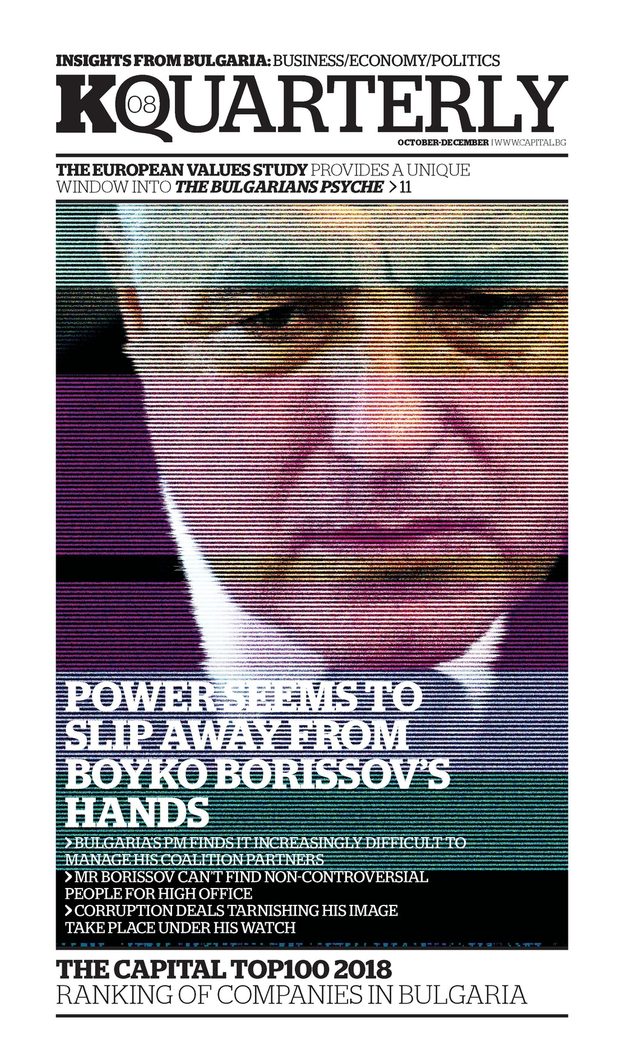There is no doubt that the Bulgarian Prime Minister Boyko Borissov is a survivor. He has managed to remain largely intact after scandals connecting his name to organized crime groups, misappropriation of state funds or alleged favors to powerful friends. Even by the low standards of Bulgarian politics, such scandals would have been too damaging for other politicians.
What has saved Mr Borissov during his more than 15 years in politics (starting with his foray as Interior Ministry Secretary General) is the perception that he is in control of everything. However, he is looking more and more hapless.
The most recent ministerial resignations (the result of public outcry over a deadly traffic accident) seemed to offer a perfect opportunity for his government to take a turn for the better and try to find a new direction. People have become weary of Mr Borissov excuses for delaying reforms, as unchecked corruption that costs human lives is no longer under the radar of the otherwise lethargic Bulgarian public.
The prime minister's inability to name proper ministerial replacements (one of the nominees withdrew because of his well-known murky past) shows that Mr Borissov's GERB party has exhausted the potential of its ranks. More importantly, it is a damning predicament: the party that has dominated Bulgaria's political life for 10 years is unable to put forward new faces free of suspicions of corruption.
Against this backdrop, a deal tinged with corruption that could not have happened without the participation of members of Mr Borissov's government took place. The case in point is the acquisition of Varna power plant by Ahmed Dogan, now honorary leader of the Movement for Rights of Freedoms, who had openly admitted his role in arranging business deals for political goals while still in active politics as MRF head. The acquisition became possible, after government agencies allowed the closed power plant not only to reopen but to receive taxpayers' money for staying in cold reserve (i.e. to stay idle).
The corruption in this case is so obvious that Mr Borissov simply can't longer deny that he doesn't see it and doesn't do anything to prevent it.
There is no doubt that the Bulgarian Prime Minister Boyko Borissov is a survivor. He has managed to remain largely intact after scandals connecting his name to organized crime groups, misappropriation of state funds or alleged favors to powerful friends. Even by the low standards of Bulgarian politics, such scandals would have been too damaging for other politicians.
What has saved Mr Borissov during his more than 15 years in politics (starting with his foray as Interior Ministry Secretary General) is the perception that he is in control of everything. However, he is looking more and more hapless.












